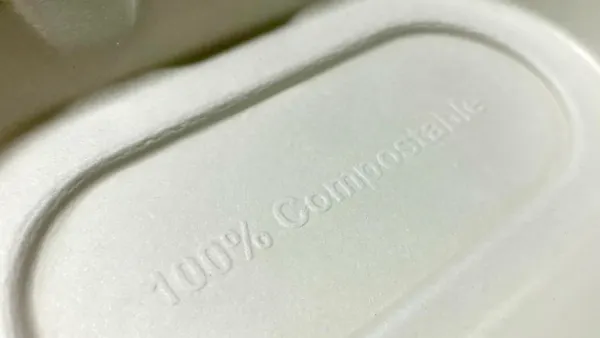Dive Brief:
- China's General Administration of Customs said the country investigated 286 smuggling cases involving an estimated 955,000 tons of "solid waste" in 2017. That is said to be 6.7 times the amount of waste-related cases in 2016, and the country expects to continue that pace as part of its "Sword Guarding the Country's Gate 2018" campaign, according to state news agency Xinhua.
- A report from Reuters, which highlighted changes in the town of Guiyu following the scrap import ban, said the area had been a notable part of this smuggling trade. Prior to the crackdown, it had been common for mobile phones and computers to be shipped from Hong Kong to North Korea, smuggled into China and then sent to Guiyu under the classification of domestic waste. Some in Guiyu told Reuters they were losing income following the import policy changes.
- The ongoing smuggling campaign has already been on display this year with the arrest of 11 suspects that were part of an alleged gang operation to import plastic from Vietnam. The group is said to have shipped more than 5,500 tons of material since May 2017, according to the South China Morning Post.
Dive Insight:
These new figures are a reminder that China's scrap import policies, while globally disruptive, are part of an even larger plan in the country. What is commonly referred to as National Sword in the U.S. started as a broader smuggling crackdown that also included grain, weapons and endangered species. According to the state news agency, the overall campaign involved 3,260 cases in 2017. This evolved from something that was slowing down port inspections at the start of 2017 to a full-scale problem when China announced its ban on 24 scrap categories in July.
This scrap policy also stems from a desire to clean up the country's environment, which has meant internal efforts to improve the quality of recycling operations in towns such as Guiyu, and move toward more modern processing infrastructure. Various rationale have been given for this shift, including a desire to boost the country's domestic recycling efforts and a reaction to bad publicity caused by the multi-part documentary "Plastic China."
While this may be helping the country's image, it has also caused challenges for Chinese recyclers both domestically and overseas. What has been classified as "solid waste" is often valuable scrap material that fueled a complex network of trade routes and processing operations.
Manufacturing demand existed for much of that scrap, and still does, which means that until the country can ramp up its domestic recycling efforts, more virgin material could be produced in the meantime. It also means that more of the displaced material, smuggled or otherwise, is now filling up facilities in Southeast Asian countries that don't have the capacity — or often the environmental and labor standards — to adequately meet the global demand.









